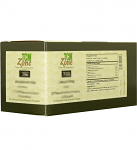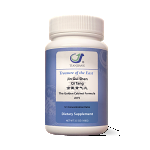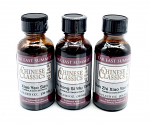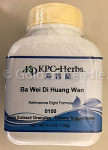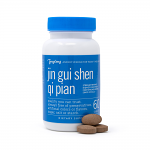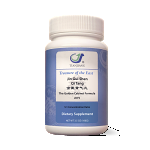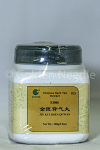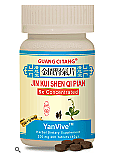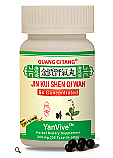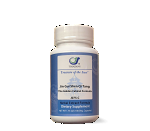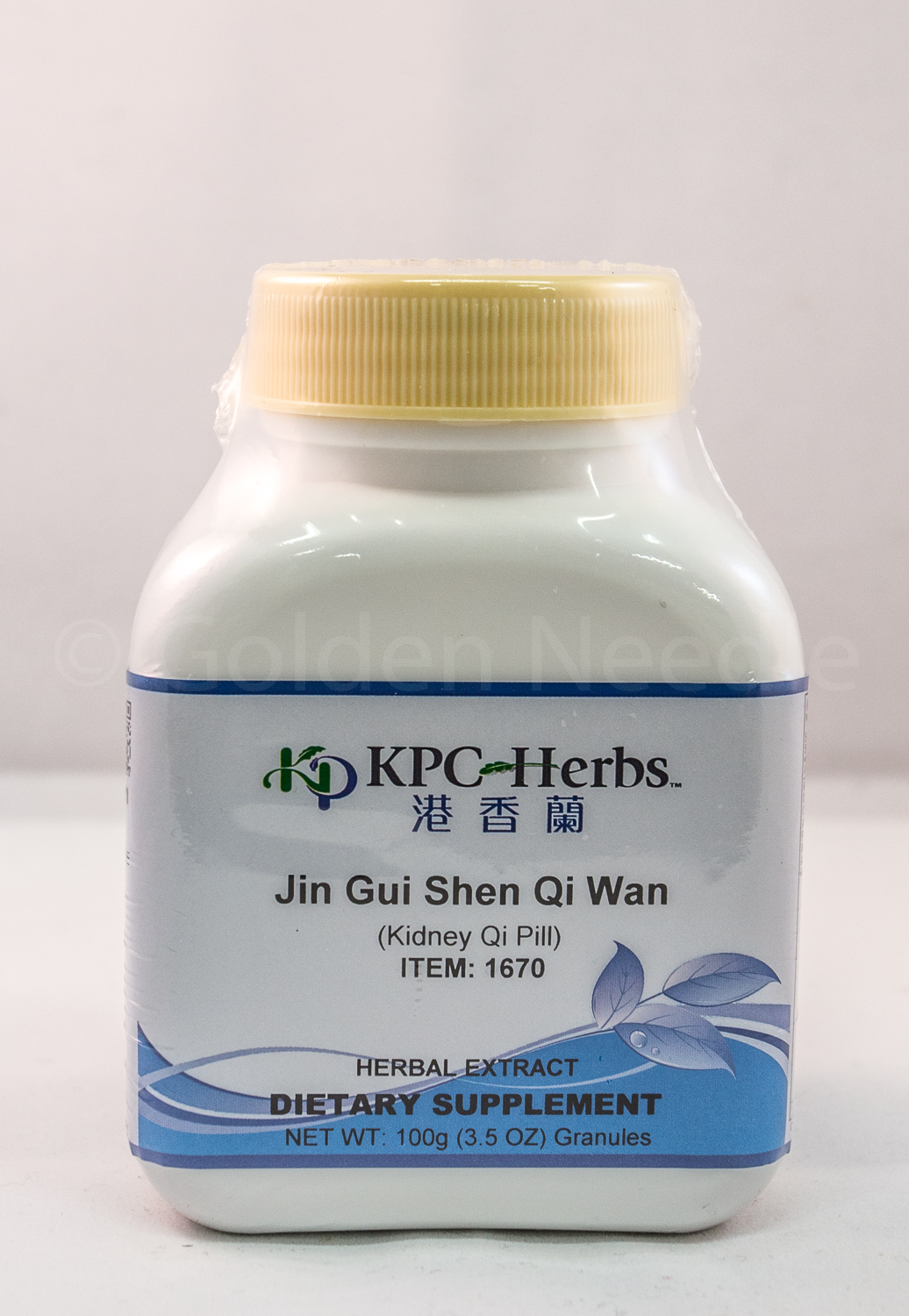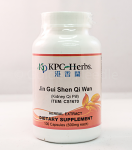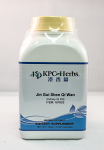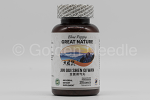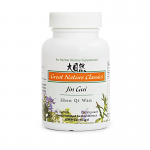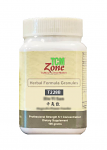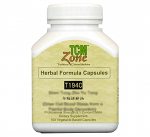Jin Gui Shen Qi Tang Capsules
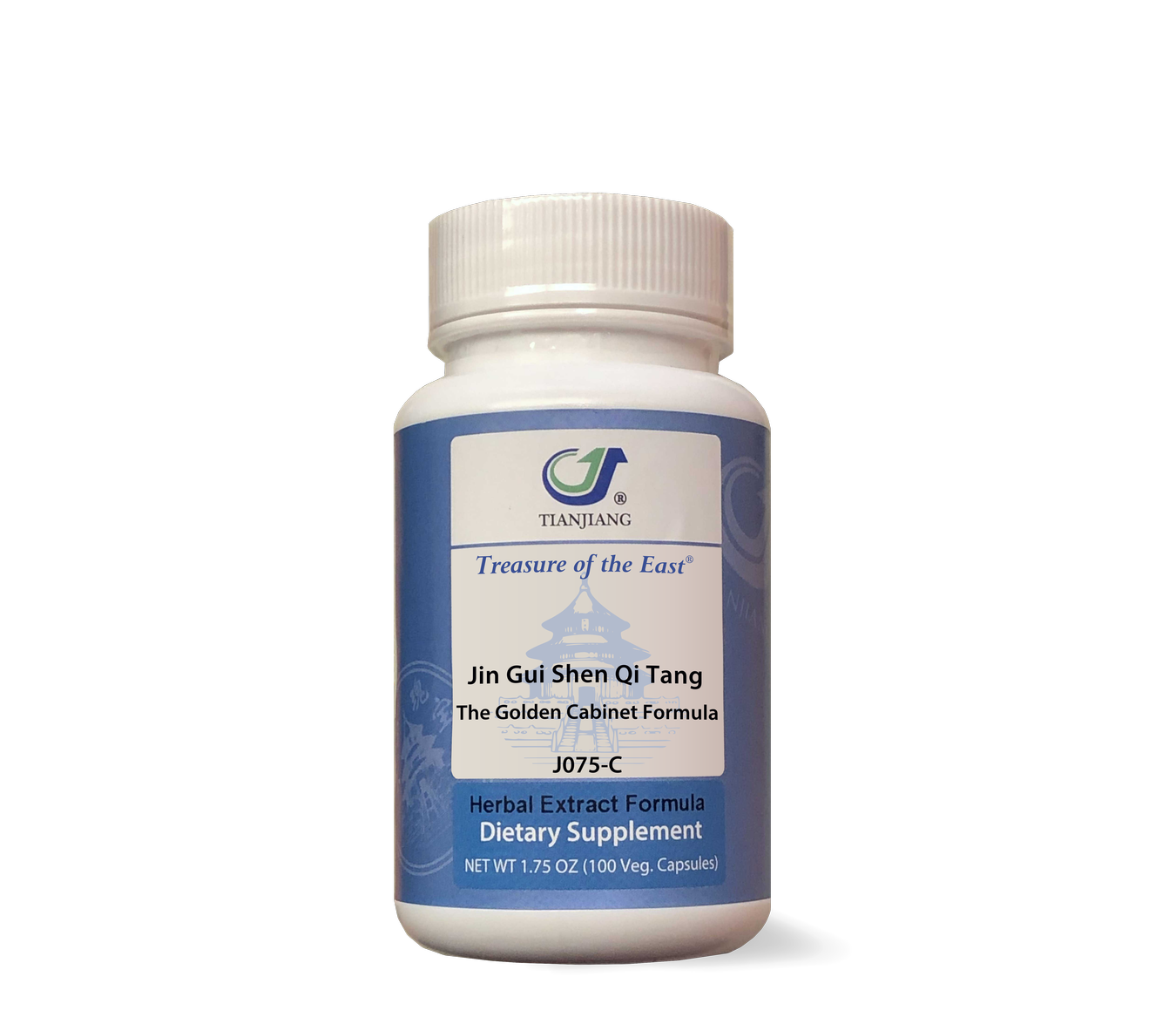
Jin Gui Shen Qi Tang Capsules
| SKU | BL216C | |
| Brand | Treasure of the East Capsules | |
| Unit Size | 100 capsules | |
| Potency | 500mg of 5:1 extract per capsule | |
| Contraindications | Contraindicated in cases of yin deficiency with a dry mouth and throat and a red tongue with little coating. - Bensky | |
| Chinese Symptomology | Lower back pain, weakness of the lower extremities, a cold sensation in the lower half of the body, tenseness in the lower abdomen. The patient may also be irritable to the point of having difficulty lying dowm, and will breathe most comfortable while leaning against something. There is either urinary difficulty with edema, or excessive urination, sometimes to the point of incontinence. - Bensky | |
| Western Symptomology | Chronic glomerular, interstitial or diffuse nephritis, chronic urethritis, diabetes mellitus, primary hyperaldosteronism, hypothyroidism, neurasthenia, arthritis, beriberi, chronic bronchial asthma. - Bensky | |
| Actions | Warms and tonifies the Kidney yang. - Bensky | |
| Pattern | Kidney yang deficiency with insufficient fire at the gate of vitality. | |
| Tongue | Pale, swollen with a thin, white, and moist coating - Bensky | |
| Pulse | Empty or frail pulse which is submerged and faint at the proximal postition. - Bensky | |
| Recommendations | ||
| Chinese name | Jin Gui Shen Qi Tang | |
| English name | The Golden Cabinet Formula | |
| Description | "This formula consists of those herbs which comprise Six-Ingredient Pill with Rehmannia (liu wei di huang wan), plus others that warm the yang. These additions help regulate the relationship between the yin and yang, thereby strengthening the Kidney qi. The formula is typically used in treating patterns of deficiency of both the Kidney yin and yang. Six-Ingredient Pill with Rehmannia (liu wei di huang wan) is actually a variation of this formula with was devised approximately nine-hundred years later."* - Bensky: Chinese Herbal Medicine Formulas & Strategies. |
|
| Ingredients | Rehmannia glutinosa Root, cooked (Shu Di Huang), 31% Dioscorea oppositae Rhizome (Shan Yao), 16% Cornus officinalis Fruit (Shan Zhu Yu), 16% Alisma orientalis Rhizome (Ze Xie), 10% Poria cocos (Fu Ling), 10% Paeonia suffruticosa Bark (Mu Dan Pi), 10% Cinnamomum cassia Branchlet (Gui Zhi), 4% Dan Fu Pian, 3% |
|


